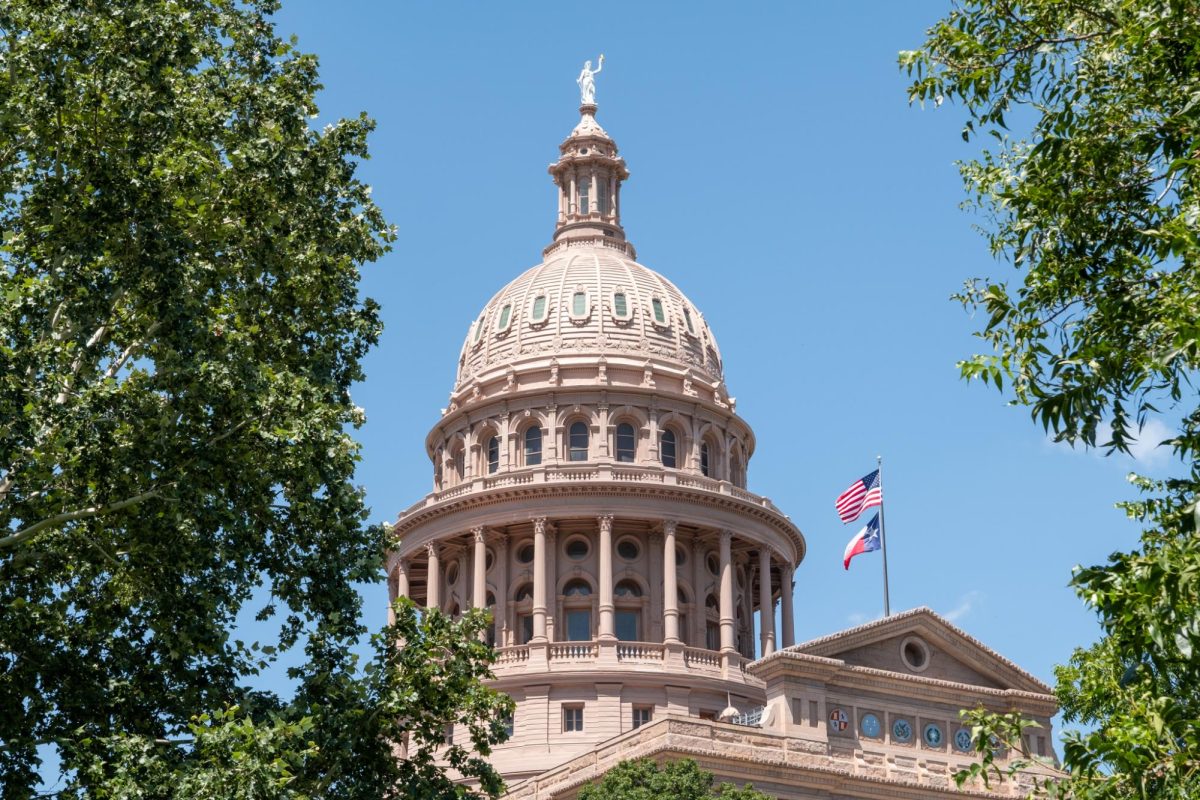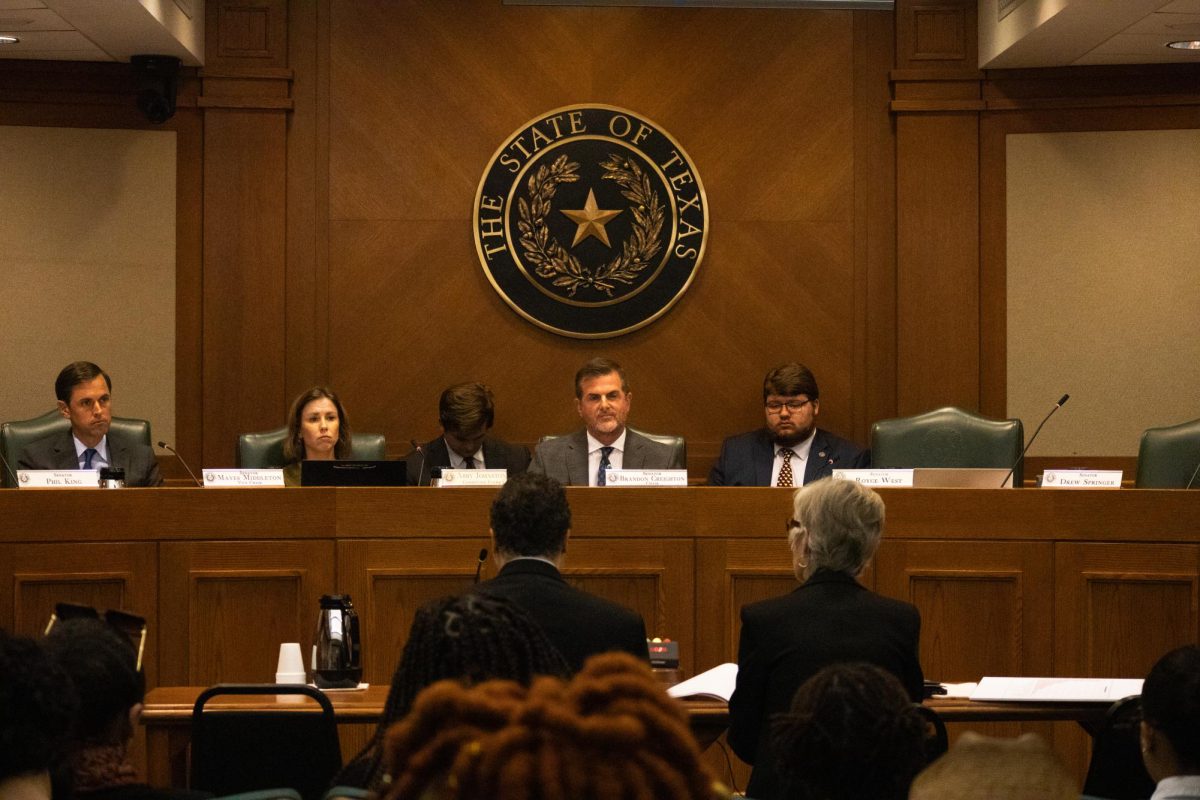If elected as state attorney general, Houston lawyer Barbara Ann Radnofsky, a Democrat, promises to sue Wall Street firms. But Republican incumbent Greg Abbott is already involved in a suit against the federal government over individual mandates in the national health care reform law.
Like many other Republican candidates this election cycle, Abbott is seeking to make regulations and Washington, D.C., mandates central to the campaign, while also talking about border security and sexual crimes. The two-term attorney general leads his Democratic rival 55 to 35 percent in the latest UT/Texas Tribune poll, released Monday.
The attorney general enforces Texas laws and challenges state boards and agencies who do not adhere to them. The office also holds one of five seats on the state legislative redistricting board, a group designated to redraw district lines every decade if the state legislature fails to do so.
Abbott served as district court judge in Harris County and a state Supreme Court justice before reaching the attorney general’s office in 2002. During his two four-year terms, he has focused on protecting families and children through programs such as the Cyber Crimes Unit and the Fugitive Unit. For the November 2010 election, Abbott said he wants to add programs targeting money laundering and other crimes associated with the drug trade.
“I have a proven record of fighting crime, having arrested more criminals than any other attorney general in Texas history,” he said. “This race puts someone with a proven record of fighting against government mandates from Washington, D.C., and myself versus someone who embraces growing government.”
Despite the lead, Democratic candidate Barbara Ann Radnofsky said she remains optimistic that her campaign, which is based on suing Wall Street firms such as AIG for fraud — the true reason for the state’s massive budget shortfalls, she said. Radnofsky said the proposed lawsuit will send billions of dollars back to the state.
“My proposal is not novel nor unusual,” she said. “It’s just Mr. Abbott doesn’t want to do it. While I’m proposing to fight Wall Street, he has filed a number of pointless lawsuits that won’t bring a penny to Texas.”
Abbott also faces opposition from Libertarian candidate Jon Roland, who promises to expand the role of grand juries to include investigation of complaints of local public corruption. Roland said the other candidates are not proposing to do anything about the issue of local corruption, but hopes the future attorney general will bring his agenda forward.
“The main purpose of a candidacy like ours is to shift the direction of public discourse and of public office,” said Roland, who has run against Abbott twice before. “It’s not about winning or losing. It’s about shaping policy. If a third-party candidate gets 5 to 10 percent of the vote, the other two parties are going to be scrambling to adopt their issues.”
Abbott has nearly $9.3 million cash on hand, while Radnofsky has about $354,000. Radnofsky criticized Abbott for accepting donations and later defending the same donors in state lawsuits, claims which Abbott denied.
“It’s a kind of desperate claim you see by the person behind in the polls by 20 percentage points,” he said. “They just cast lies about their opponents, and that’s the kind of situation that she’s in.”
Texans for Public Justice research director Andrew Wheat said the majority of Texas politicians do not recuse themselves because of campaign contributions. Texas does not have a high standard for disqualification, he said.
“The problem of course is politicians in our system have two constituencies,” Wheat said. “One is the voters, and arguably the more important one are the people that pay the campaign bills. I haven’t seen him aggressively going after the oil and gas industry, but that’s something that doesn’t happen in this state.”
UT public affairs lecturer Sherri Greenberg said Abbott seemed to have a pretty firm hold on the race in spite of Radnofsky’s accusations.
“First of all, he has the power of incumbency,” she said. “He’s running in a Republican state during a Republican year. He’s had the real advantage on the get go.”

















